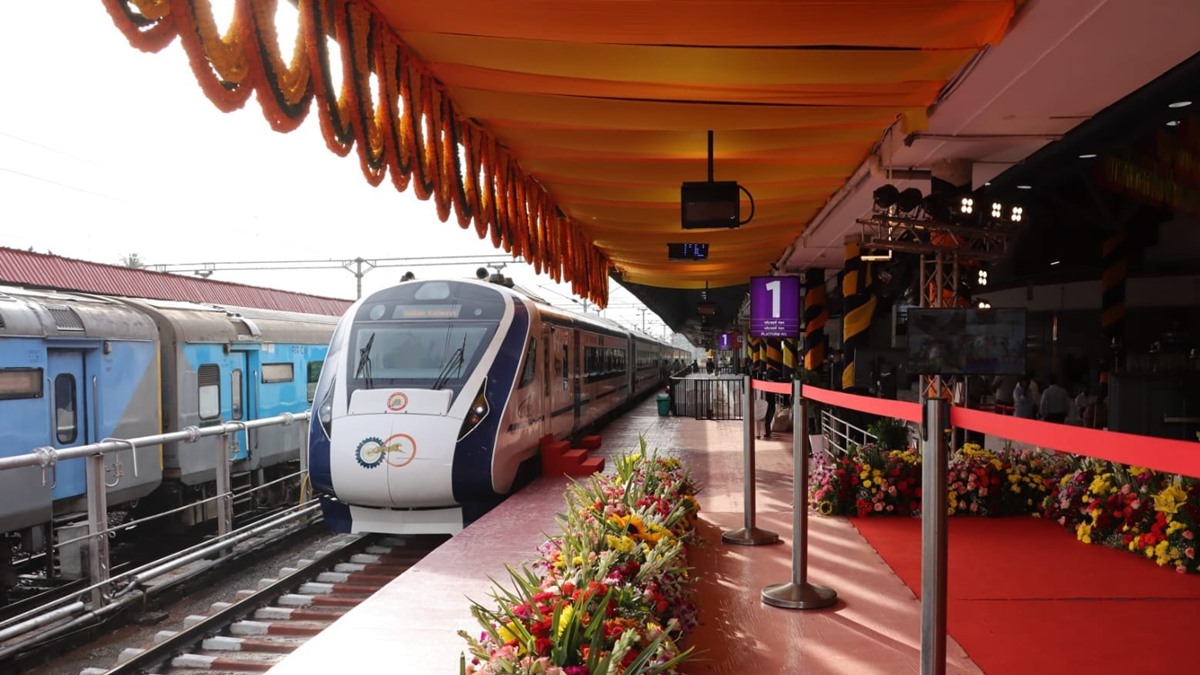US families puzzled by China adoptions
New York, Jan 18: New York lawyer, Meg Tolan, is the mother of three adopted daughters, all of them from China, but if she wanted to adopt another, she couldn't. Beijing no longer considers her a suitable parent.
Tolan is a single mother and that is one of several new criteria that will rule out parents who want to adopt children from China, along with being overweight, depressed, married less than two years, divorced and remarried less than five years, or over 50.
The restrictions, to be implemented later this year, have led US parents of Chinese children to question whether it is a bid by China, which has experienced rapid economic growth in recent years, to shrug off a perception that it is a poor country that cannot look after its own children.
''If I wanted to have another kid or if I decided that I couldn't I would like that to be my decision and not their's,'' said Tolan, who lives in the Bronx borough of New York City and is mother to Hannah, 12, Julia, 9, and Celia, 4.
The girls are among 55,446 Chinese children adopted by US parents in the past 21 years. About one-fifth of them live in the US states of New York, Connecticut and New Jersey, according to Families with Children from China, a support group.
China has been the No. 1 choice for US foreign adoptions for the past six years, according to the US State Department. The Chinese government says four-fifths of its foreign adoptions in the past decade went to US families.
When it announced the new rules in December, the Chinese government said it was a bid to shorten the wait -- now up to 16 months -- for prospective parents.
Gongzhan Wu, China program manager at the Gladney Center for Adoption in New York, said the waiting period had lengthened because less Chinese children were being put up for foreign adoption. He said around 600 to 800 children a month were currently available, down from around 1,000 a month 18 months ago.
He said China received around 2,000 applications a month, about 1,200 of which were from the United States.
''CHINA WANTS TO IMPROVE IMAGE''
David Youtz, president of Families with Children from China of Greater New York, said there was a sense among some American parents of Chinese kids that Beijing wanted to cut the number of international adoptions.
''It's become so popular that we sense they are a little uncomfortable with having numbers in six, seven, eight thousand per year to the United States,'' said Youtz, who, with his wife Mary Child, has four Chinese daughters, an 11-year-old and two-year-old triplets.
Youtz said the rapid growth of China's economy had also sparked a social change, making it more acceptable and affordable for Chinese families to adopt. ''I think also it's China's self-image,'' he said. ''I think that they feel a modern country shouldn't have lots of children that they can't take care of themselves.'' Linda Ankrom, of western New Jersey, said the new criteria would have stopped her adopting her two Chinese daughters because her husband, Jim, was over the new cut-off age of 50.
''As far as China curbing the amount of international adoptions, they have been proposing to do that for a long while. As China becomes more affluent, they want to show the world that they can take care of their own children. They have been encouraging more Chinese citizens to adopt,'' Ankrom said.
SUPPLY VS DEMAND
Wu, of the Gladney Center, said fewer children were available for international adoption because of an increase in domestic adoptions in China and a crackdown on baby trafficking.
''In the past (Chinese orphanages) tried to spread the word, telling people if they see a baby in a public place or by the side of the road send the baby to us. Now they don't do that anymore,'' Wu said. ''They don't actively look for babies.'' The sale of children, and women, is a nationwide problem in China, where stringent rules on family planning allow couples to have just one child, bolstering a traditional bias for male offspring, seen as the mainstay for elderly parents, and resulting in abortions, killings or abandonment of baby girls.
While some US parents don't believe China's claim that there is a shortage of children available for foreign adoptions, Wu said a loosening of the one-child policy and the economic boom in China had also increased domestic adoptions.
Among the 2,400 members of Families with Children from China, Youtz said there had been some ''anxiety and unhappiness'' at the adoption changes, particularly among single parents, who he estimated made up 20 to 30 percent of the group.
But Nancy Haddad, a 53-year-old retired single mother of four adopted children -- two from China and two from Russia, believes China's adoption changes should not be questioned.
''They want to protect their children, they want to do what's best for their children. Who are we to question that,'' said the former high school teacher, who lives in Beaver Fall, 70 km north of Pittsburg, Pennsylvania.
''I'm not angry about the rules, but I'm sad for the people who are going to say 'I can't do this' and walk away, because there are so many babies (available for adoption) elsewhere in the world,'' she said.
REUTERS


 Click it and Unblock the Notifications
Click it and Unblock the Notifications




